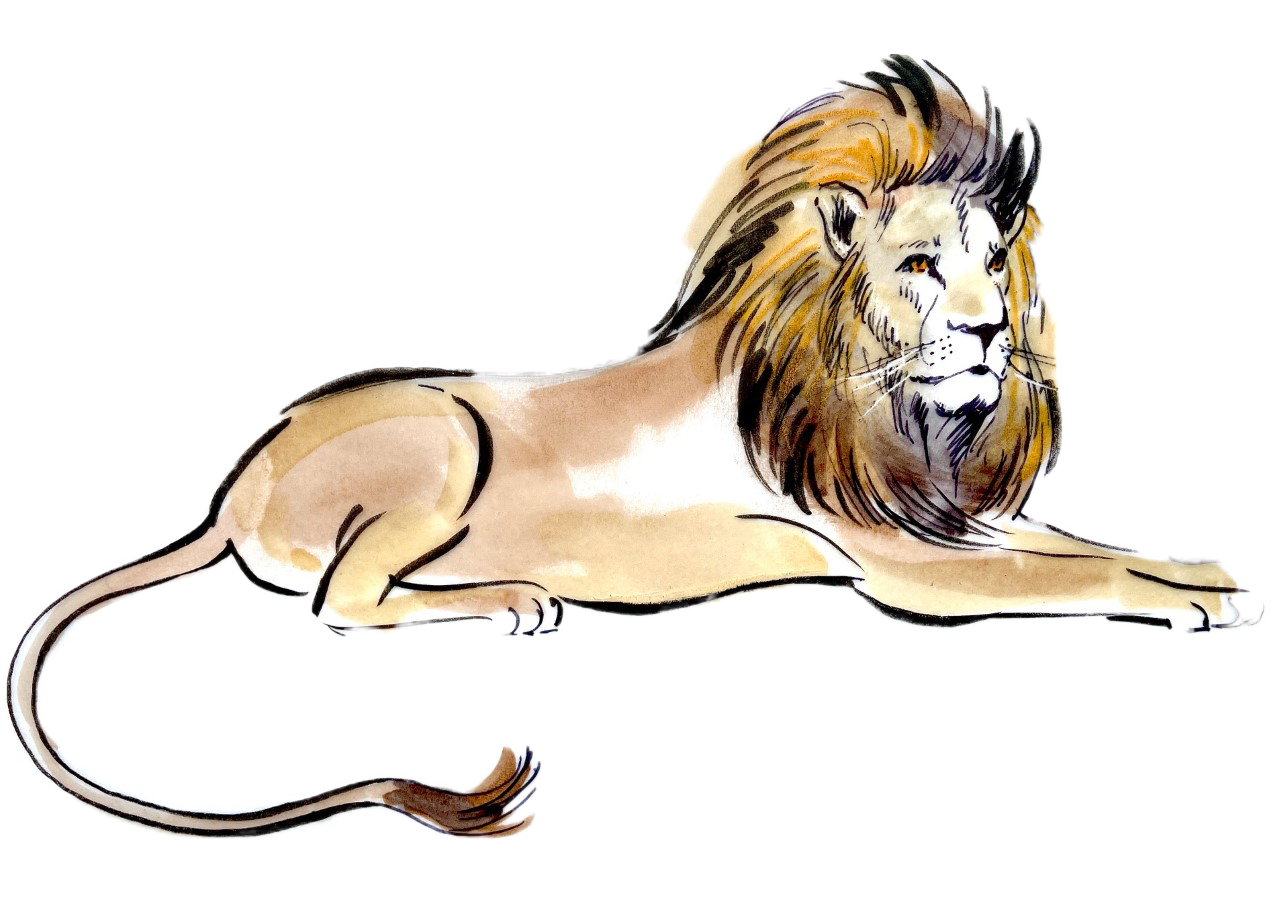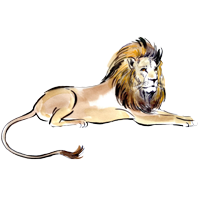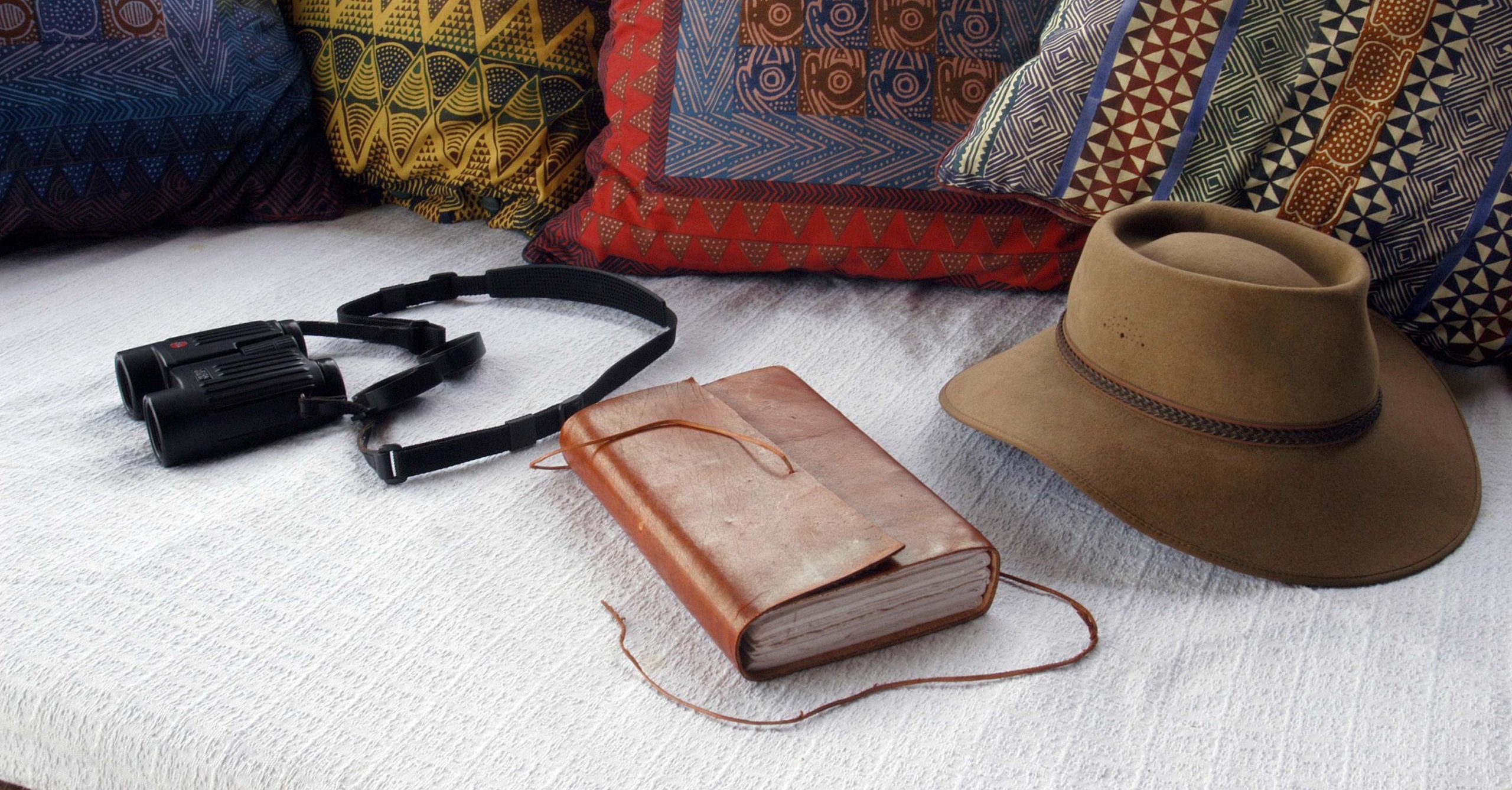Below are commonly asked questions from those who have traveled with us. If your question isn't here, send us an email and we will be happy to assist.
Do I need a passport for my trip?
Yes. Your passport will need to be valid for at least six months after the date you return home. You’ll also need two blank pages for each of the countries you’ll be visiting, sometimes more.
What about visas?
It depends on your nationality and where you’re traveling to – every country in Africa is different
What about baggage limits on small flights?
It depends on where you’re traveling to – the limits are between 33-44 lbs. but we can buy you an extra freight seat. Soft sided bags are the norm.
Do I need vaccinations?
You must talk to your doctor, as we are not licensed medical professionals. Yellow fever is required when traveling from some countries to others, as well as malaria prophylactics.
What about mosquitos and bugs?
Not all places suffer from the same level of insect nuisance. Certain areas have seasonal variations – and the best plan is to travel during the dry season. Insect issues during the day tend to be pretty few and far between. In the evenings, it’s always smart to take precautions and spray yourself, and there is also spray for the rooms/tents, and in most tents/rooms a mosquito net is provided. Regardless, we always recommend people do speak to their doctor about getting a prescription to take anti-malarial pills while on safari, which provide a very high level of protection.
Can we go to a beach in Africa?
Yes! There are some amazing beaches in Africa, in fact, some are considered the best in the world!
Do I need a power converter or adapter for the electricity?
Yes. It depends on which countries you are visiting to know which adapters you will need to bring.
Are LGBTQ travelers welcomed?
In most countries, yes, like South Africa. But some countries have intolerant laws, and the LGBTQ community may not want to support them. Yet at the lodges, staff are much more educated and welcoming. We will walk you through this with transparency and sensitivity so you can make your decisions.
I want to go but I don’t have a big budget. Can I still go?
Yes! We can help design a great safari with your budget in mind. You can save in some areas and splurge in others. Not all safari goers travel 5-star.
What’s the Big Five?
Africa’s famous Big Five are the lion, buffalo, elephant, rhino and leopard.
What is the Great Migration?
This is the year round movement of millions of wildebeest, zebra, and other plains game. They move from the Southern Serengeti up to the Northern Serengeti, and then into the Masai Mara and back again. They follow the short grasses, so the yearly rainfall does control their movement patterns. Therefore, as a result, the exact timing of river crossings cannot be predicted exactly, but we can get you into the areas with the highest chances of witnessing this amazing spectacle.
Will I see the Great Migration?
Since nature is unpredictable, we do not give a guarantee. But we have been in the business for a long time and are your best resource for getting you as close to the action as possible. We know the best river crossings, hot air balloon safaris, and mobile camps to help make the Great Migration a lifelong memory.
What type of accommodations do you offer?
Thru our extensive relationships, we are able to offer you a vast range of accommodations - everything from safari chic camps and lodges, boutique hotels, owner-run camps and lodges, exclusive-use properties, island resorts, private homes, adventure mobile camping, to Bush Opulent accommodations.
Is the water safe?
Yes, as most lodges/camps offer you bottled water. You should drink from reusable bottles, as single use plastic is not allowed in many countries any longer.
What type of food is on safari?
Meals on safaris are often described as “fine cuisine”. Breakfast generally consists of a light continental meal before a morning game drive, and then often there is coffee/tea with noshes/treats while on safari. Returning late morning, you generally enjoy a full, hot brunch/lunch at camp; or, on the days you go out for a longer safari, a picnic buffet lunch may be served in the bush. Dinners at the end of a long and exciting day can be quite elaborate, with continental and local dishes served with fine wines. There are plenty of options for all palates, and when requested during the planning stage, dietary restrictions can be accommodated, such as gluten free, vegetarian, and kosher meals.
Have you experienced the destinations and properties you recommend?
Yes, we have! Our team has experienced the luxury, style, activities, food, & service as if they were a client. Lodges who pass our strict standards make the list.
When should I start planning?
The sooner the better. Africa is a very popular destination and many camps and lodges fill up quickly, especially for their high seasons. The earlier you start planning, the wider your choices of accommodations will be. Booking nine to twelve months in advance is ideal, especially if you want to travel during the summer or school holidays. If you’re traveling as part of a larger group of family and friends, we definitely recommend allowing at least 12 months. That said, we are great at putting together last-minute safaris in a matter of days, so let us worry about that!
How does the planning process work?
It all starts with a conversation. We love to get to know our clients – and we need to learn as much about you so we can plan a journey that’s perfect for you and your vision! To create your dream safari we’ll ask you questions, both practical and out-of-the box. Then, drawing upon your answers and our inside knowledge of Africa, we’ll create incredible itinerary options and present them to you in a digital itinerary page. From there, we’ll adjust, refine, and add in more layers and details to create the ultimate itinerary tailored just for you.
How much time should I allow for my safari?
It depends on the countries and regions you wish to explore. In general, we recommend a minimum of seven to ten nights, but most of our clients travel for two weeks or more, including flight time. We do our best to maximize your time by carefully considering every aspect, such as flights that help avoid extra nights in airport hotels. You might find you’ll be traveling between regions by light aircraft rather than by road – by necessity in remote areas and also by design. Nothing beats an aerial perspective of Africa, and makes even your transportation a part of your adventure.
Do you arrange my International Airfare?
We do not arrange international airfare, but we can ask our sister company, Corniche Travel, to assist you.
Can you arrange a balloon safari?
An exciting adventure if you’ve never been hot air ballooning. You get up quite early, typically around 4:30 AM. Then drive about an hour+~ to the launch site to watch the balloon being prepared and then as the sun is rising, sail over the wildlife, followed by a champagne breakfast. Typically between $500 to $650 per person
What’s the payment schedule?
We require a 40% deposit of your land arrangements and full payment for internal airfare. Final payment is due 65 days prior to departure.
How much does a night on safari cost?
This is a common question, but one that is extremely difficult to answer. There are many factors that go into pricing a night on safari such as: the time of year (many lodges have seasonal pricing), the standard of accommodation, and what is included (e.g., game drives, alcohol, private guides, other activities). Our best advice is to speak to us, the safari experts, and let us know your budget, your available time frame, and your bucket list and allow us to draw upon our expertise to hand-craft the best value safari for your itinerary.
If I travel alone, do I have to pay a Single Supplement?
Yes, in most cases there is a single supplement for camps and lodges. Sometimes we can negotiate with lodges on a case to case basis.
Can I join a group?
We don’t have set departures, but we will meet you at the airport upon arrival and assist you until your departure. You will be with other guests at each lodge, and unless you book private vehicles for your game viewing, you will also be with other guests during your game drives.
Is it safe to travel in Africa?
Yes, it is safe in Africa, but as with anywhere in the world one must be careful, especially when in major cities. Leave your best jewelry at home, the lions won’t judge you!
Are safari game drives safe?
There is always some risk when you are in the bush sighting wild game. However, your safety is everyone’s highest priority at all times, and you can rest assured that your guide and tracker are of the highest caliber. Anastasia’s Africa recommends only those safari lodges that employ knowledgeable and professional guides and trackers.
What should I bring on my safari?
We will give you a packing list before you go. Click here for the safari clothing shopping: https://anastasiasafrica.com/shop
What kind of bag should I bring?
Here’s two we like:
Kipling Rolling duffle: https://www.kipling-usa.com/discover-large-rolling-luggage-duffle/outlet/WL4778.html
Eagle Creek No Matter What Rolling Duffle: https://youtu.be/uaSDPT5tib4
What type of safari activities will I be doing?
In addition to traditional game drives, some camps & lodges offer guided bush walks, canoe safaris, hot air balloon safaris, village visits, flying safaris, camel safaris, horseback rides, fly-camping, and more!
What's the best time of year to go?
To simplify an answer to a complex question, we have put together a month by month guide of the best times to visit each of the countries in Africa. We have taken into account, weather, temperature, wildlife viewing, and seasonal events in our selections. There are benefits of visiting countries in the off season (low season prices and less crowded). In terms of a safari experience, the wet season might mean more chance of you getting wet, but it might also could mean a better chance of getting up close to the wildlife, and enjoying the green landscape with less tourists around.
What is the weather like in East Africa?
Daytime temperatures usually range from the mid-70s all year long, making it a very pleasant destination for a safari. Evenings can go down to the 50s, so a fleece jacket or sweatshirt is recommended. It’s always best to layer. Also, it tends to be a little cooler in the high plateau areas like Laikipia and Ngorongoro. For those who extend their stay to end at the beach, it is a little warmer on the coast. Outside of the main rainy seasons, rainstorms do come to East Africa at different times throughout the year, but they tend to be brief with spectacular afternoon thunderstorms.
What is the weather like in Southern Africa?
South Africa and Botswana have starkly different climatic zones: The Cape region has a Mediterranean climate with winter rain and temperatures averaging 50-60 degrees F. The Lowveld in South Africa (Kruger National Park area), Botswana, Namibia, Zambia, and Zimbabwe have a subtropical climate with warm to hot temperatures in the summer (up to 100 degrees F). Winters are mild in Zambia and Zimbabwe (minimum 56 degrees F) but cold in Botswana and Namibia. Daytime temperatures in Botswana in August are likely to be in the 70s with very cold nights.
Do you offer travel Insurance?
Yes, we can assist you with this if your travel agent does not.
Is there cell service and/or Wifi?
Most lodges have Wifi available either from the rooms or in the public areas. You should contact your mobile phone provider to inquire if they provide service in the country or countries you are visiting, and if they offer special international packages when traveling.
Are children able to go on safari?
The minimum age required to stay at a safari lodge or camp is determined by the property and varies from place to place. Generally speaking, children must be over six years old to participate in game drives. Some lodges do not accept children under 12 years old. There are exceptions, particularly if you charter your own safari vehicle and private guide. Ask us about this when we discuss your safari.
Are there facilities for children at safari camps & lodges?
Need babysitting services while you go on safari? Do you want private rooms for nannies, grandparents, or others traveling in your party? Some camps and lodges cater toward families with dedicated staff, guides, and organized youth programs to keep children entertained and educated during their stay. Some lodges, however, do not have facilities for children and may even have minimum age requirements. In general, very young children are discouraged from participating in game drives. Our website highlights the accommodations that are family friendly, and details activities for children. Some properties also provide details of their kid’s club programs.
Do you have itineraries that are fun for kids?
Yes! We can arrange specific itineraries designed for children – whether younger or older. Activities may include: bush walks, mini game drives, insect safaris, arts & crafts, and cooking. We can accommodate and recommend experiences for just about any family and budget.
Can you add incredible Adventures to an itinerary?
Yes! From the mild to the wild – whatever you can dream up, we can help make your experience incredible and unforgettable. White shark cage diving, zip lining, mountain biking with zebras, a helicopter flight over Botswana’s Okavango Delta, and rhino trekking in Zambia or Kenya are just a few examples. Talk to us about adding adventures that will leave you breathless.
Can we add destinations to our itinerary that are not on your website?
Absolutely! Check out our growing list of “Out of Africa” destination offerings. We’ve traveled to India to see tigers, Malaysia for Orangutans, and beyond - and can assist you in adding those - and other, destinations.
Can I change the suggested destinations or accommodations in your itineraries?
Of course. That’s what separates Anastasia’s Africa from other tour operators. You work with us to create your own special itinerary, based on your style, desires, taste, and budget.
How does laundry work on safari?
You can typically do laundry on safari at lodges where you are staying at least 2 nights, however 3 nights is a better bet since, especially in a remote lodge, they will hand wash and line dry your clothes, so there must be sufficient time and sunlight for your clothes to dry. Staff will then iron everything before giving it back to you. We also suggest bringing a small amount of laundry detergent as some lodges will make it clear that they don't do under clothing (such as bras, men and/or woman’s underwear). If you don’t see underwear listed on their laundry list or they provide soap for underwear, you’ll know that lodge doesn’t do underwear, or you can always ask the staff.



